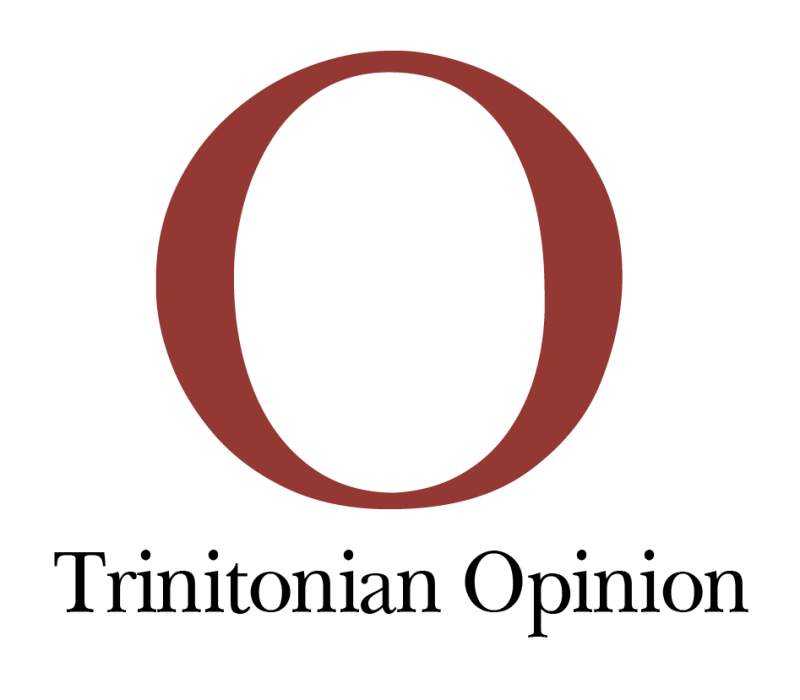I wrote most of this column on Super Tuesday, but wrapped it up after finding out the results of the various primaries and caucuses. On Tuesday voters chose just under one-fourth of the delegates who will attend each party’s national convention this summer. Texas was the biggest prize of the day.
Voters in both parties were faced with interesting and unconventional choices. On the Democratic side we have Bernie Sanders against Hillary Clinton. Sanders is the very model of the classical demagogue “” the angry populist agitating the general public against the wealthy. For Sanders, there isn’t a problem in the nation “” really, the planet “” that isn’t caused by the top one percent. And there isn’t a problem that can’t be solved by taxing every aspect of the lifestyles of the rich and famous, reversing the Citizens United court case, and suspending the laws of economics. Given the Constitution’s explicit protection of private property, one wonders whether a President Sanders could even take the presidential oath of office with honesty and integrity.
Clinton, on the other hand, has her own set of troubles, but that does not matter. Decades ago the Democratic Party engineered party rules that gave power to elected Democrats to swing the nomination in their preferred direction. With over 700 “Superdelegates” in the overall pool, Sanders will have to be clearly ahead of Clinton by a significant amount in June to claim their support. And after Tuesday, Clinton has moved prohibitively ahead in the delegate count, making it almost impossible for Sanders to catch up “” barring a clearer smoking gun with her emails than we have seen so far.
Things are curiouser and curiouser in the GOP. The party is on the cusp of giving its nomination to a different sort of populist demagogue. Where Sanders is your classical “us against the rich” demagogue, Donald Trump is the scarier modern version of the same. He agitates against the entire “establishment” (whatever that term means), promising to overturn everything to “make America great again.” Like Sanders, he promises the moon “” build that wall and make Mexico pay for it, destroy ISIS, wave his magic wand and undo the international trade system, apparently suspend the constitutional order itself “” and it’s all going to be beautiful.
Trump betrays no hint of how he will accomplish this revolution. He assures us that when he takes the oath of office he will know more about these issues than anyone else. Absent any political convictions beyond what is good for himself, his presidency would be fascinating to watch. Trump is a strong-man candidate who appeals to people’s passions, fears, angers and resentments. Voters like him because he is not afraid to be political incorrect ““ apparently failing to recognize that one can be politically incorrect without descending into adolescent locker room insults.
Unlike the Democrats, Republicans do not have Superdelegates. There is no obvious establishment backstop to correct this runaway Trump train. If he wins the necessary number of delegates, he can force himself on the party like a rapist on a “” well, I probably shouldn’t go with that metaphor. Clearly Trump’s presence has caused the level of political discourse to degenerate to levels that would dismay George Washington and Abraham Lincoln.
I still have faith in the separation of powers system. I suspect a Trump presidency would run straight into the buzzsaw of the Constitution, and all the factors that frustrate ALL candidates who promise “hope and change” would work on him as well ““ to the great disappointment of his legions of fans.
But his willingness to resort to insults and threats to all who oppose him is troubling. I can only imagine what he might say to a Speaker Paul Ryan who chooses NOT to support some Trumpian initiative. Will he get Chris Christie, his current court jester, to play the part of Luca Brasi and place a horse head in Ryan’s bed?
I tell my students that we are not immune to the siren call of the demagogue-turned-tyrant in this country. Ross Perot presented that type of threat in the 1990s, but he ran an impossible race from outside the two-party system. Trump has been much more shrewd, working successfully (so far) to use the nomination rules of one party to seize control of its apparatus from within. The Framers of our system were acutely aware of the danger of the popular leader. Trump would pose an interesting test of their efforts to prevent such a phenomenon.






